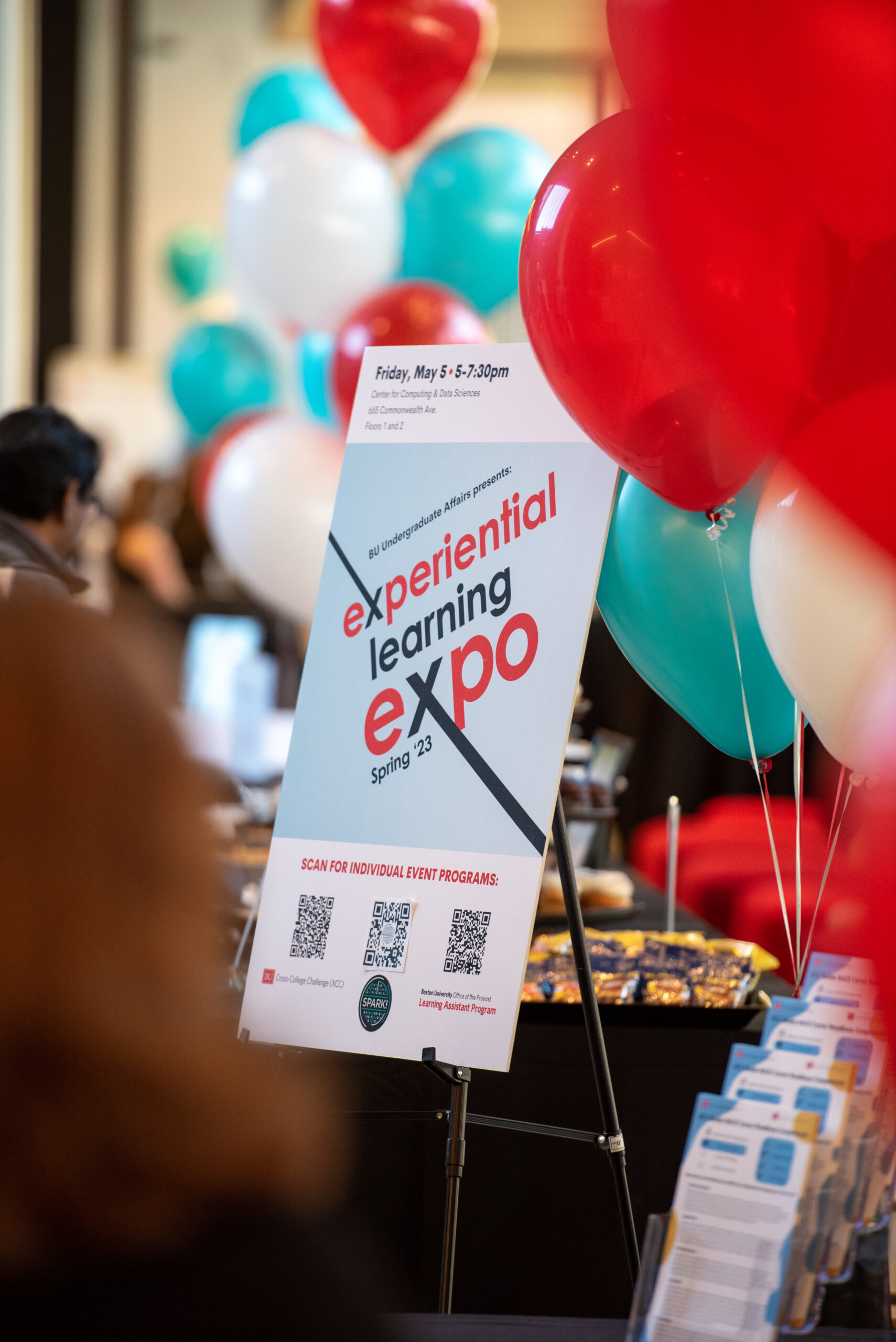The Cross-College Challenge (XCC) is the BU Hub’s signature project-based, 4-credit elective course open to juniors and seniors from all of BU’s undergraduate schools and colleges. XCC provides a unique opportunity for faculty, staff, and community partners to explore a complex real-world problem or an enduring human question with an interdisciplinary team of undergraduate students.
“When you get a group together that’s coming from all these different backgrounds, you avoid groupthink. So your ideas are more innovative, more creative.”
Emily de Redon, Questrom graduate teaching assistant
Ready to benefit from new and diverse perspectives? Find out how you can get involved.

